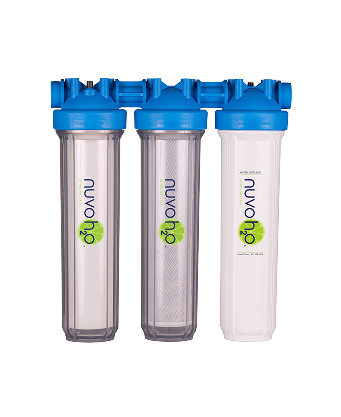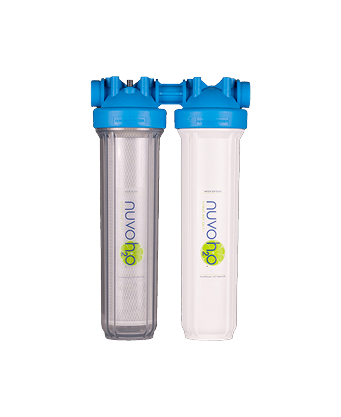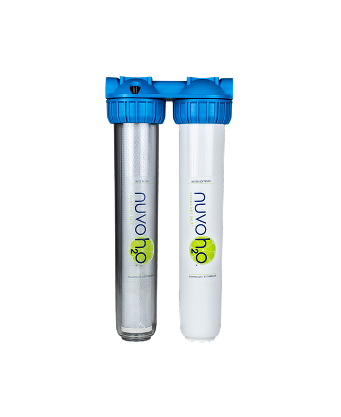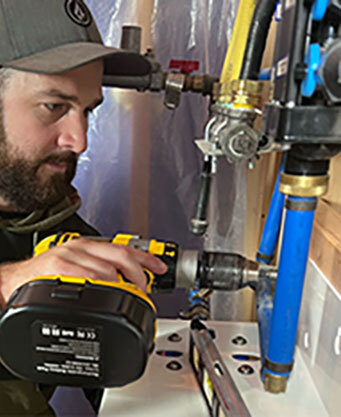
3 Common Septic Tank Issues and How to Fix Them
13th Jan 2023
Septic tanks are essentially giant insulated concrete tubs that can be installed on someone’s property as an alternative to hooking up to a municipal sewage treatment system. There are so many pros to having a septic tank, but if something goes wrong, it’s up to you to fix it. NuvoH2O is here to help you troubleshoot the top 3 issues with your tank and help you find a septic tank plumbing solution.
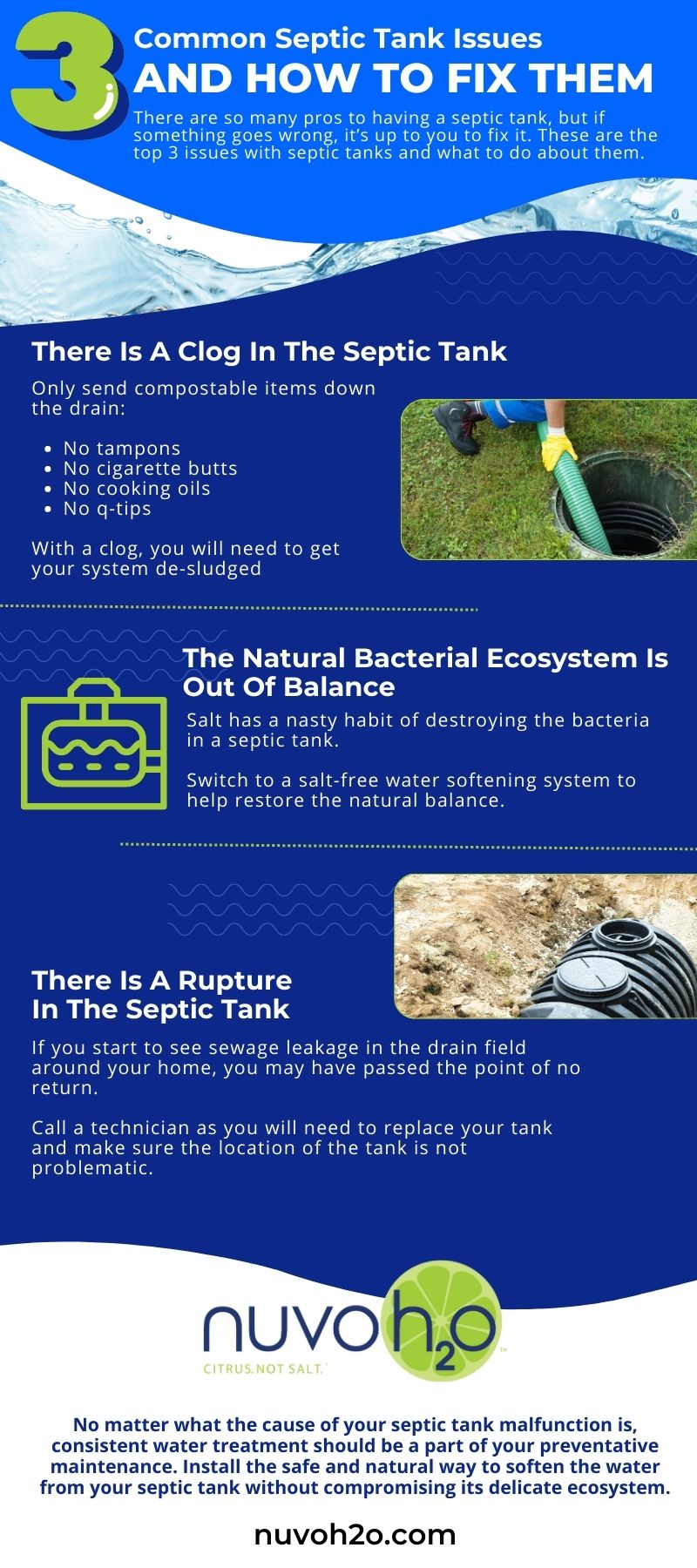
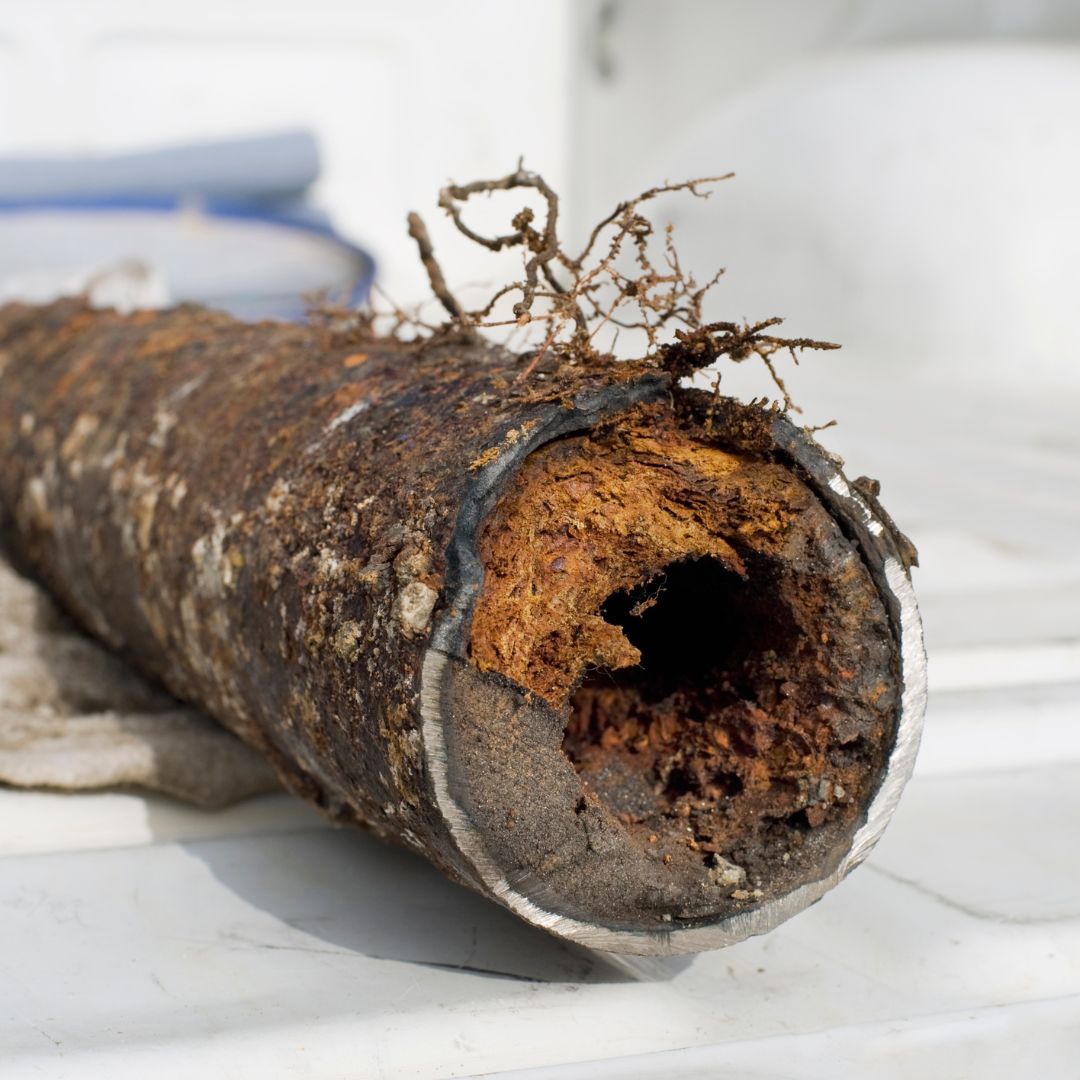
There Is A Clog In The Septic Tank
The main culprit of septic tank malfunction is some form of clog. A clogged septic tank is a common plumbing problem that can be caused by a variety of things. The most common cause is the accumulation of too much solid waste material, such as food waste, grease, soap, and detergents. When these materials build up, they can clog the septic tank's outlet pipe and cause a backup.
Oils and greases are particularly bad for septic tanks because they are very hard for the natural bacteria in the tank to break down.
The Plumbing Solution To Clogs
To help prevent clogs in your septic tank, it is important to have the right plumbing solutions, such as a salt-free water softener, to help reduce the amount of solid waste that enters the septic tank. A salt-free water softener can help reduce the amount of hard water buildup in the septic tank and help keep it running efficiently.
It’s also very important to only send compostable materials down the drains. Non-biodegradable products like tampons, cigarette butts, cooking oils, and Q-Tips are not able to break down and will cause a backup. Halting the disposal of these things down your drain will slow a clog from becoming a huge problem, but you will want to have your septic tank de-sludged if these items are already in it.
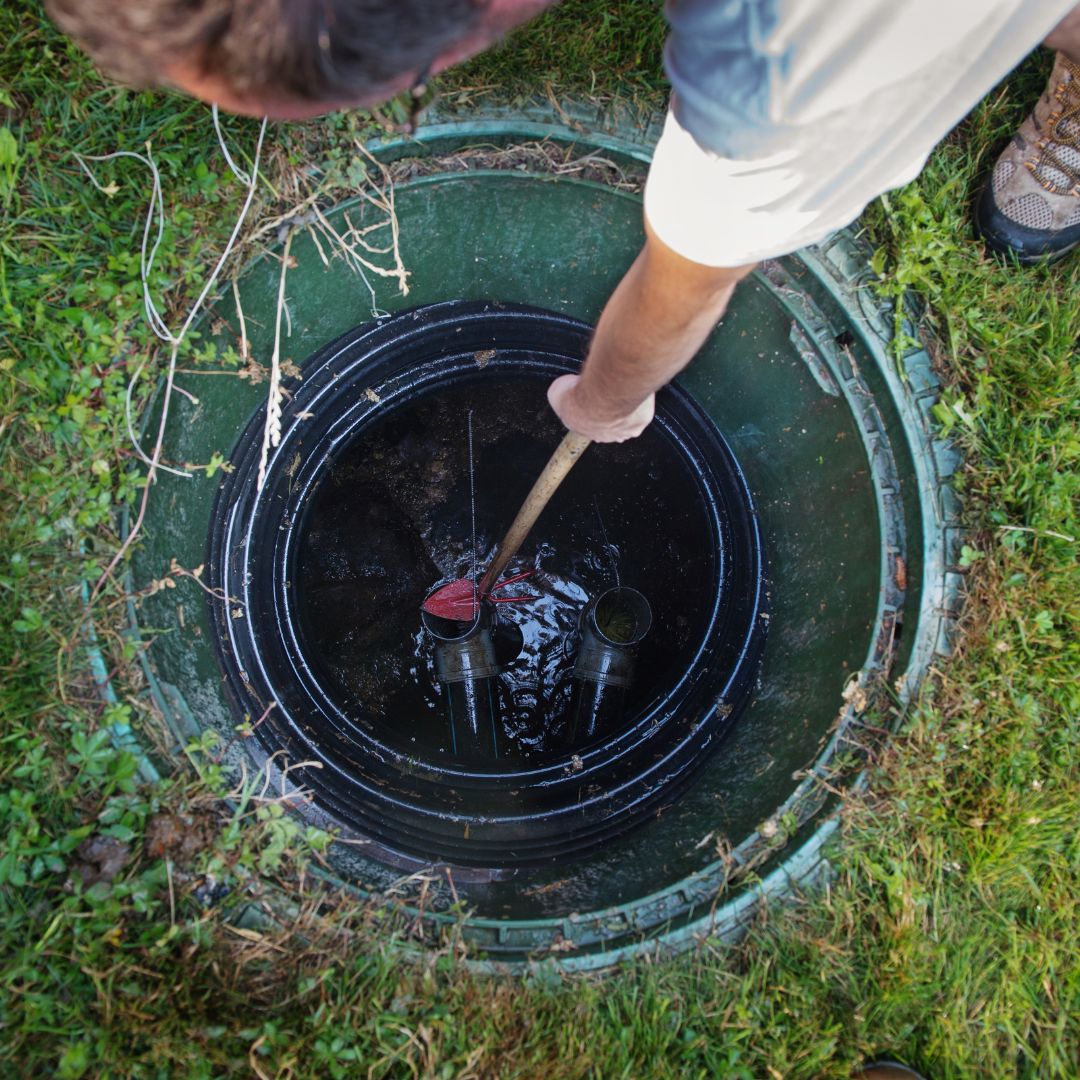
The Natural Bacterial Ecosystem Is Out Of Balance
Think of your septic tank like a compost bin on a much larger scale, only instead of your leftover eggshells and coffee grounds you’re sending in your unmentionable bathroom disposal. The natural ecosystem of waste and the bacteria that breaks it down can easily be thrown out of balance.
If something that gets flushed down the toilet or dumped down the drain kills that bacteria, then it’s game over for the ecosystem. Salt has a nasty habit of destroying the bacteria in a septic tank, and unfortunately, it’s a very common chemical for softening otherwise hard water.
The Plumbing Solution To Unbalanced Bacteria
Luckily the plumbing solution for removing problematic salt from your septic tank’s ecosystem is switching to a salt-free water-softening system. NuvoH2O’s salt-free softening system uses citric acid to remove scale and stabilize mineral ions found in hard water. This keeps the bacteria in your tank healthy and happy while also keeping your water soft.
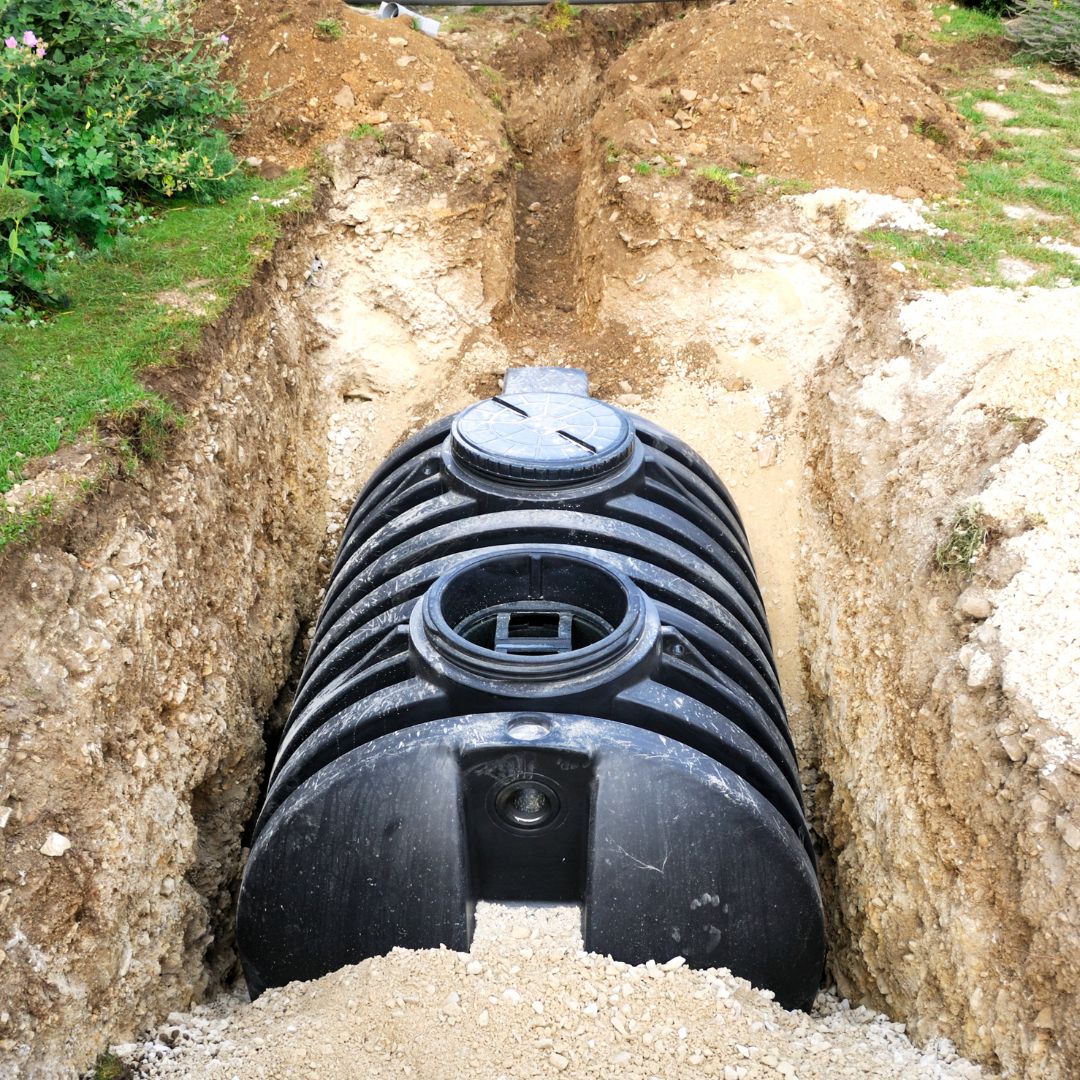
There Is A Rupture In The Septic Tank
If you start to see sewage leakage in the drain field around your home, you may have passed the point of no return. Even if you don’t see standing water, check to see if the ground is squishy if you think there might be a leak. Whether it’s a rupture or just a leak you should immediately call a technician.
The Plumbing Solution To A Leak
Sometimes a septic tank can rupture through no fault of your own. You can follow every precaution, but if your tank is placed in a problematic location there’s nothing you can do. That’s why it’s important to make sure there are no large root systems or foundations near the location you’re scouting out for your septic tank.
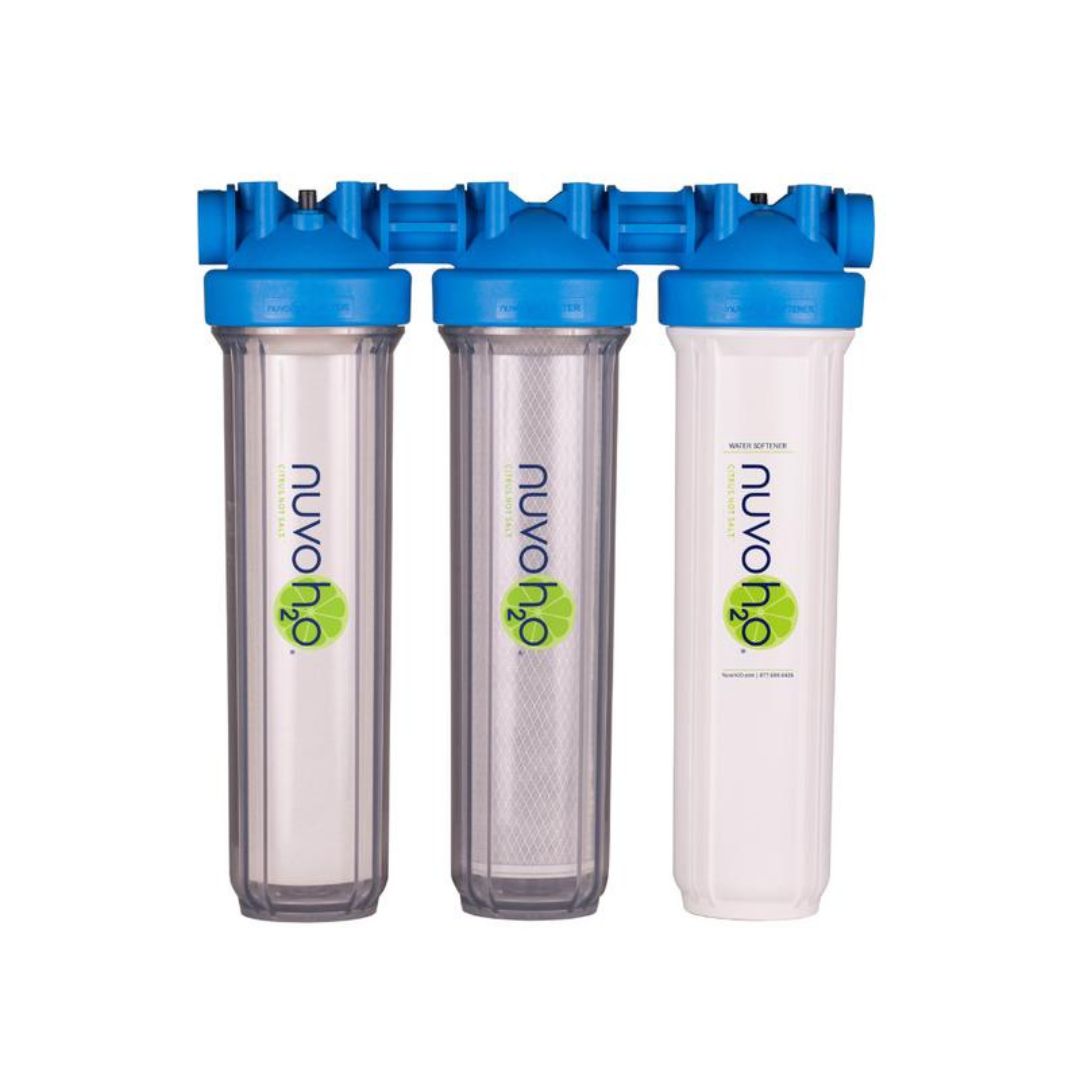
No matter what the cause of your septic tank malfunction is, consistent water treatment should be a part of your preventative maintenance. If you’re looking for a safe and natural way to soften the water from your septic tank without compromising its delicate ecosystem then look no further than the salt-free home water softener from NuvoH2O.

